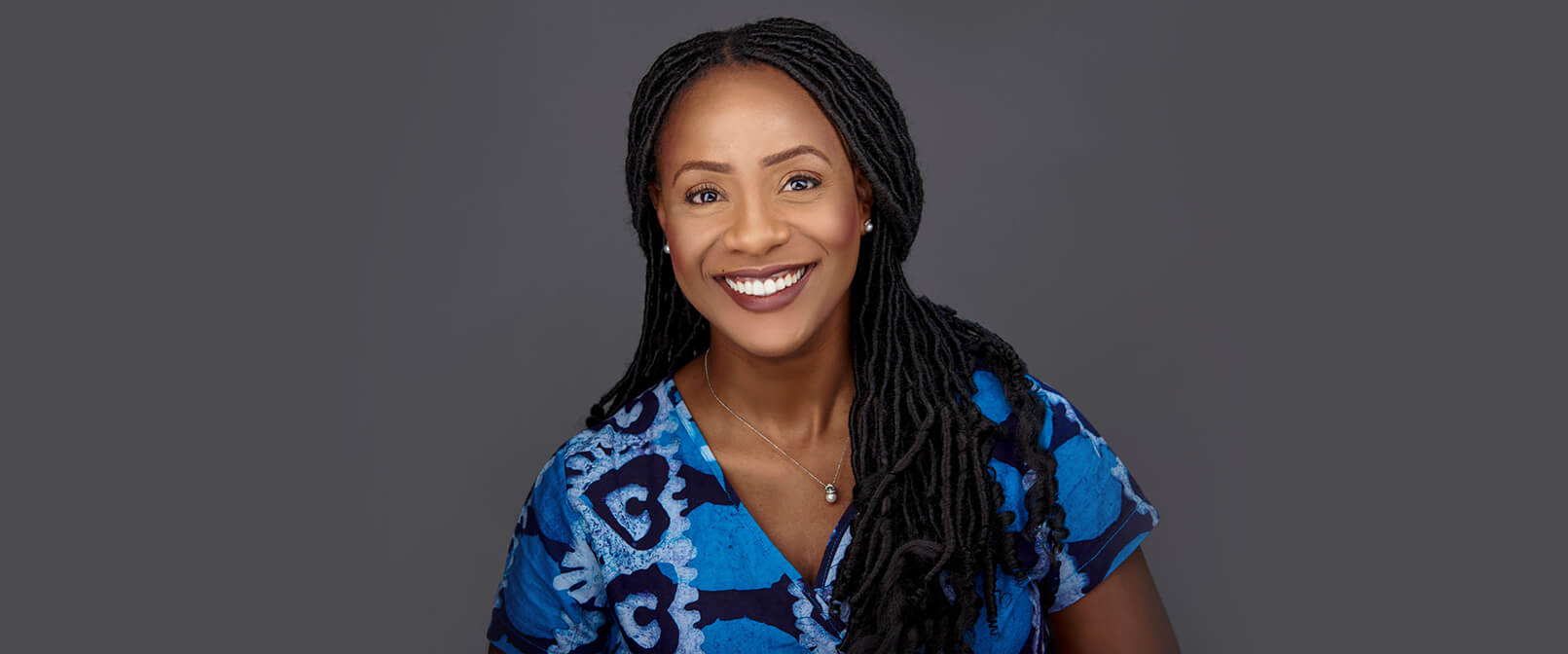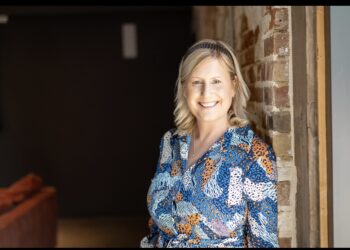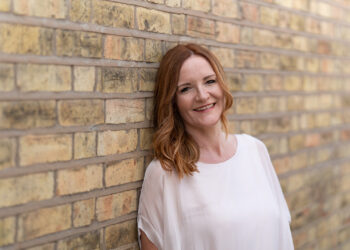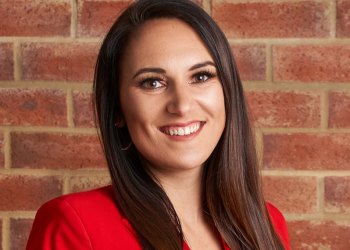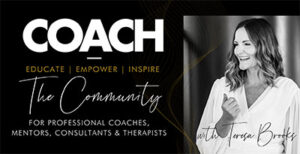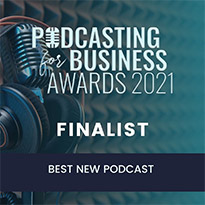Why knowing who you really are is more important than ever – Lathi Dube
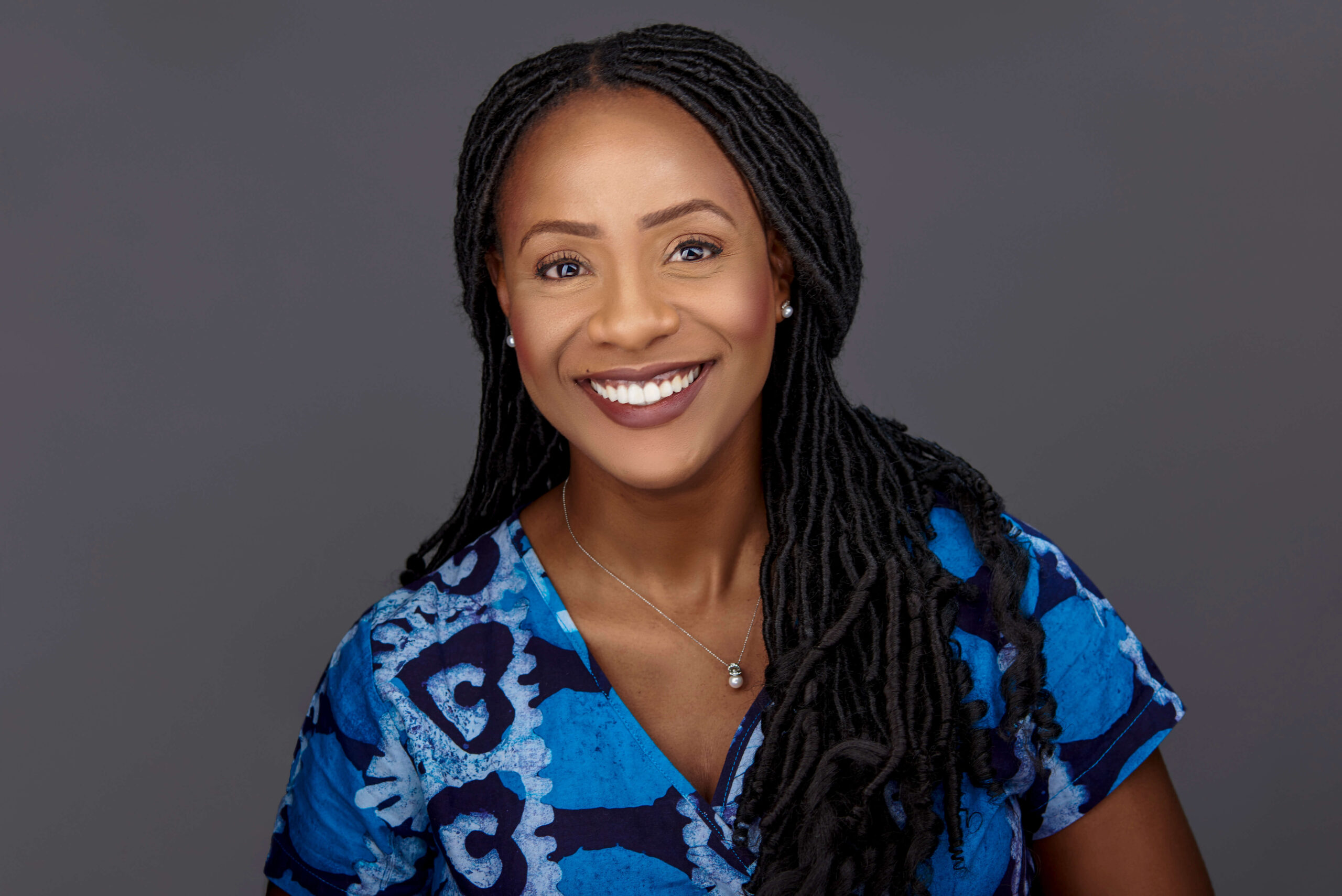
The current pandemic has been a rapidly changing situation that’s changed the world as we know it; beyond recognition and probably forever.
All we understood has suddenly become different and we have had to adapt: fast. When a huge change of any type occurs around us, it challenges us.
Whenever our normal existence gets turned upside down by major events, it always forces us to ask: Am I happy? What do I really want? What’s important? Who am I, really? But on the inside there is often a burning sense of: “I know I am capable of so much more, I just know it.
What I don’t know is how to get myself to a place where I can access it.” The problem is their true identity is often hidden beneath a veil of social constructs. Identity presents itself in many forms; class, upbringing, education, personality, relationship status, family, significant life events, illness or medical condition, connections, socioeconomic group, sex, gender, race, work, career, wealth and money, nationality, sexuality – the list goes on.
But all these forms are just constructs of who we believe ourselves to be. They aren’t an actual reality of who we are. True identity is the external representation of our inner, deeper essence and of our very being.
Who I am
As a Zimbabwean-born, Zulu Dominican, it would be easy to see my own identity as a result of my cultural identity, family heritage, and upbringing.
Our family history was rife with struggle. My Great Uncle was imprisoned in Robben Island with Nelson Mandela. My Grandfather was one of the first in the Windrush generation to move to Britain to work on the London Underground. The stories of where I came from, what that meant, and consequently what I am were told constantly, an ever-present narrative oozing from my family’s every pore. My parents – from two diametrically opposed cultures and both extreme high achievers were both forces of nature.
People from all over the world would often visit us and as children, my three brothers and I were expected to entertain engagingly. From very early on I felt a huge responsibility to represent not only myself but the reputations of those who would precede me as I stepped out into the world. As a child, I spoke to my mother in four different languages and to my father in one. This too was an early example of a societal construct impacting my sense of self because I would actually change depending on the language I spoke.
My accent, intonation, gestures, and mannerisms were all completely different in order to be fully understood by the particular parent I was talking to. My true identity was not rooted in any of this. It was, and is, something much deeper than this construct. It just took a tragedy for me to see it. This came when in my second year at university when my younger brother shot himself. He had only just turned 20 and we were incredibly close. He meant the world to me. My world crumbled and shrank to something unrecognisable. My agony was heart-breaking.
I buried a lot of my own pain as I stepped up and took over the family, supporting my devastated mother and my traumatised older brother who witnessed my brother’s suicide. They would never truly heal and, 18 months ago, my mother died from a broken heart (heart failure). The next day, my older brother took his own life.
Finding Your True Self
This tragedy and pain changed everything for me and the day my younger brother died was the day that something was born in me; a purpose and mission to help others with their own change.
I help people understand who they really are, how valued they really are, to realise their goals and dreams and realise all the gifts they can bring to this world. I remember, as a toddler, my father would put me on his shoulders and walk around our coffee plantation engaging me in deep conversations. One thing I learned at that age was how to explain people and things to him. I would tell him what I noticed and he would value what I said and usually acted on it in one way or another. From then on, I was constantly fascinated and enthralled by people: who they are and why they do what they do. For me, it’s my purpose and mission to help others with their own change.
I help people understand who they really are, how valued they really are, to realise their goals and dreams and realise all the gifts they can bring to this world. As an integrated identity specialist and coach, I work to help people discover their true identities. It is a mission born from the tragic loss of my brother when I was barely out of my teenage years. The results are life-changing as clients become more agile and effective in their business, achieving clarity of vision, seeing their incomes increase, and drains on their energy disappear.
I work with brilliant and extraordinary people: leaders, high-level entrepreneurs, and business owners who, to the outside world, appear to be incredible with no problems or challenges. When we look at another person standing before us, we can often intuitively ‘read’ or ‘feel’ things about them. We all have an inner identity radar that can detect each other; as humans, as an essence of who we sense each other to be.
So when we then hear, see or feel incongruence in their actions or words, this can lead us to sense that they are not always ‘genuine’ or ‘authentic.’ When we connect in this way, our true identity shows as something that others can ‘read’ in some way and if we are not living our true identity, others often know before we do! Although we have this radar within ourselves, it doesn’t work in the same way simply because it’s too subjective. This is why professional coaching is so vital for our growth.
Identity work
My identity work is an integrated model and aims to raise awareness of the constructs we live behind and the filters through which we see ourselves and our lives. This work is a transformational process. It maps a specific journey of the 7 stages of Identity; Investigation, Investment, Insight, Initiation, Introspection, Integration, Implementation.
Using powerful, integrated techniques including NLP, physio-metric analysis and language analysis, we can help to reconcile the internal and external parts of self to offer a detailed ‘manual’ of who you really are, how you work and how you can optimise yourself in any situation or circumstance to achieve your desired outcome. With the clarity gained from unearthing their true identity, they can then accomplish what they came to achieve and so much more in their lives in a very aligned way. Facilitating transformation in others brings me joy and recommits me to my work in this world to help others to discover and live their true identity. My mission is to change the way the world sees identity. And there isn’t a more powerful force in this world than knowing, exactly and precisely who you are.

